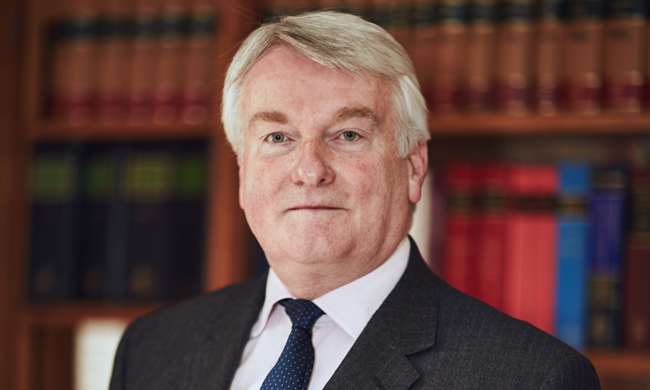Lord Chief Justice

The Lord Chief Justice, currently The Right Honourable The Lord Burnett of Maldon, is the Head of the Judiciary of England and Wales and the President of the Courts of England and Wales.
Key responsibilities
Under the Constitutional Reform Act 2005, the Lord Chief Justice (LCJ) has some 400 statutory (required by law) duties. The LCJ’s key responsibilities include:
- Representing the views of the judiciary of England and Wales to Parliament and Government.
- The welfare, training and guidance of the judiciary of England and Wales. The Lord Chief Justice discusses with Government the provision of resources for the judiciary, which are allotted by the Lord Chancellor.
- The deployment of judges and allocation of work in courts in England and Wales.
The LCJ also:
- Sits on important criminal, civil and family cases. The LCJ gives judgments and lays down practice directions in many of the most important appeal cases.
- Shares responsibility with the Lord Chancellor for the Office for Judicial Conduct Investigations Office, the body which investigates complaints made against judicial office holders.
- Is President of the Sentencing Council, the independent body set up to support greater consistency in sentencing.
- Chairs the Judicial Executive Board and the Judges’ Council, two bodies which assist him in managing his responsibilities. The LCJ is also President of the Magistrates’ Association.
- Is President of the Courts of England and Wales and may hear cases in any English or Welsh court, including Magistrates’ Courts.
The LCJ and the senior judiciary are supported by a department of civil servants (independent from Government) who form the Judicial Office.
Appointment
Lord Chief Justices are appointed by a special panel convened by the Judicial Appointments Commission. In practice, the Lord Chief Justice and Heads of Division are generally appointed from the Court of Appeal, however the appointments can also be made from the Supreme Court.
